#david j. peterson
Explore tagged Tumblr posts
Text

#the art of language invention#david j. peterson#nonfiction#book poll#have you read this book poll#polls#requested
38 notes
·
View notes
Text

This is a WONDERFUL document, written by David J. Peterson (a languist, Inventor of many languages and High valyrian). It contains the Targaryens Slogan "Perzys Ānogār" ("Fire and Blood") and the the «Seat of the Sea» from the House Velarion.
And it contains the High Valyrian's Glyphs, used for writing.
#high valyrian#house of the dragon#high valyrian language#colang#valyrian language#languages#David J. Peterson
9 notes
·
View notes
Video
youtube
David J. Peterson — House of the Dragon Season 2 Episode 7 — Valyrian La...
#youtube#house of the dragon#high valyrian#valyrian#rhaenyra targaryen#game of thrones#hotd#old valyria#david j. peterson#language#linguist#llinguistic#language learning#language lessons#speaking languages#dothraki#hbo max#hbo#story of the art#enrique carrion#house targaryen#hugh hammer#asoiaf#valyrian ladies
5 notes
·
View notes
Text

side note- the runic system is called Todjydheenil.
(x)
53 notes
·
View notes
Text
The actual creators of the Mothertongue conlang posted all of the transcriptions and translations on AO3!
2 notes
·
View notes
Text
With a lot more dragons in Season 2, we'll be hearing more Valyrian than ever next season.
David J. Peterson is the man who invented the Dothraki and Valyrian languages for Game of Thrones. Well, George R.R. Martin invented them for his books, but Peterson fleshed out Martin’s ideas into full languages, with grammar and vocabulary and everything.
You can see that Valyrian is not just some sort of Pig Latin.
It distinguishes, for example, between singular and plural in commands – something which English has not done for centuries.
Angōs! /an-GŌS/ – Attack! (to one dragon) Angōtōs! /an-gō-TŌS/ – Attack! (to more than one dragon)
Okay, that makes sense in a battle.
But this one is rather odd.
Renīs! /re-NĪS/ – Touch! (to one dragon) Renītīs! /re-nī-TĪS/ – Touch! (to more than one dragon)
What would you want more than one dragon to touch at the same time? Another reason to look forward to Season 2.
We can see that this command shares a common root with a Valyrian phrase used in Game of Thrones.
Dohaerās! /do-hae-RĀS/ – Serve! (to one dragon) Dohaerātās! /do-hae-rā-TĀS/ – Serve! (to more than one dragon)
High Valyrian is a highly inflected language like Latin, Finnish, or almost all the Slavic languages. So using the wrong ending could be potentially disastrous with dragons. Stannis Baratheon had some Targaryen blood; perhaps that contributed to him being such a grammar pedant.
@dedalvs
#game of thrones#house of the dragon#high valyrian#grammar#david j. peterson#ród smoka#la maison du dragon#дім дракона#龙之家族#juego de tronos#jogo dos tronos#a casa do dragão#la casa del dragón#آل التنين#ड्रैगन का घर#lohikäärmeen talo#zmajeva kuća#gia tộc rồng#হাউস অফ দ্য ড্রাগন#하우스 오브 드래곤#בית הדרקון#σπίτι του δράκου#ڈریگن ہاؤس#rod draka#isang kanta ng yelo at apoy#домът на дракона#ejderha evi#huis van de draak#дом дракона#დრაკონის სახლი
3 notes
·
View notes
Text
I know DJP likes to make up ASOIAF etymologies (for obvious reasons since conlanging is both his hobby and his job), but alas he might hate this one because he hates when ASOIAF words are connected to real world words. For example, of the few actual canonical High Valyrian words, GRRM obviously based dracarys (dragonfire) on "draco > dragon". But DJP so strongly hated the dracarys=dragon Latin connection he created an entirely separate and radically different word for dragon in his conlang HV, zaldrīzes, and even "corrected" the spelling to drakarys because his HV isn't spelled with c. Though GRRM also based morghulis on "morgue" and Tolkien's own morgul (the connection to valar makes the LOTR inspo very blatant sorry GRRM), and there at least DJP created other forms of the word "death" using that same morgh- root. Possibly because the French etymology of morgue is actually unconnected to death? idk.
However... maybe he wouldn't hate that name etymology that much? If the Long Night prequel aka Bloodmoon hadn't been nipped in the bud, DJP was going to conlang the Andalish language for it, which was going to be a sort of proto-English because the modern Common Tongue is "English". So maybe there would be a connection between "Andal" and Androw/Andrey/Anders/Andrew or even Andar (possible First Men name) / Andrik (ironborn) / Andahar (era unknown)? Though I think the "r" part of the names tends to throw the connection off a bit, plus again it may be too close to the Greek "andros" to be truly a proto-English to make DJP happy. But who knows, maybe I'm assuming too much - you could toss your idea his way, see what he thinks?
is anyone boring enough to make up etymologies in asoiaf because i am and mine is that andrey/androw/etcetc are actually descended from andal which itself descends from some original root word meaning man. like how andrew->andreas->andros->aner(man)
#asoiaf#asoiaf meta#names#etymology#the andals#asoiaf languages#the common tongue#andalish#high valyrian#david j. peterson#grrm#acts of nerdery#which both i and djp and grrm are very prone to#so i don't think they're *that* boring lol#(btw ftr in case you couldn't tell i think djp's objections are kinda silly and have long wished his conlang hv matched the canon hv better#but it's too late now sigh)#queue and me we're in this together now
132 notes
·
View notes
Text
Delaware Governor DILFs


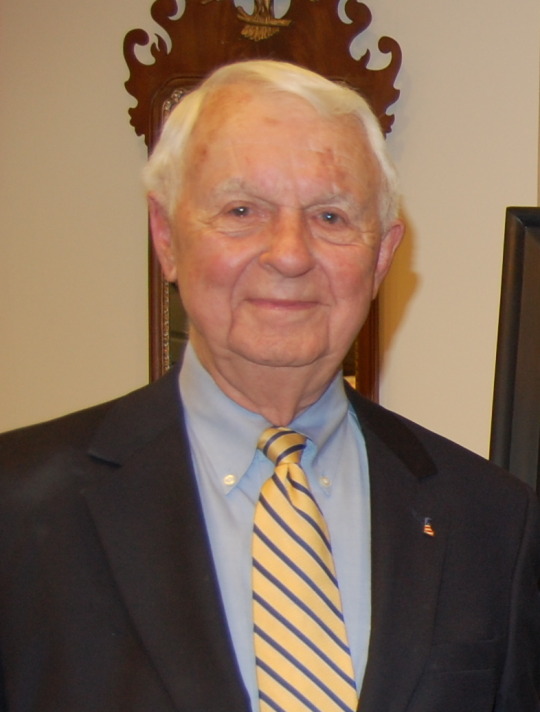

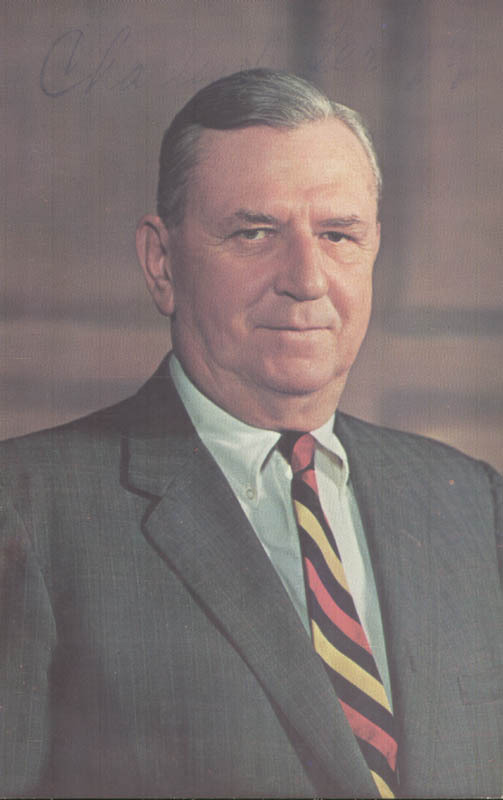


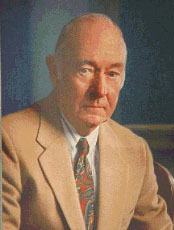


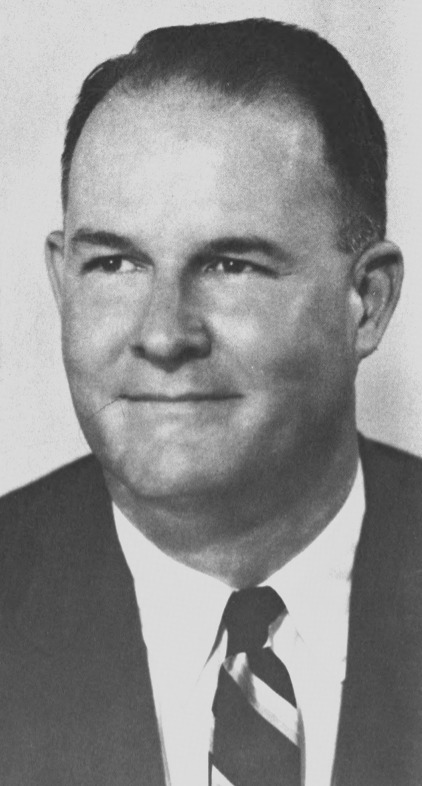

John Carney, Pete du Pont, Mike Castle, Tom Carper, Charles L. Terry Jr., David P. Buckson, Elbert N. Carvel, Dale E. Wolf, Russell W. Peterson, Sherman W. Tribbitt, Jack Markell, and J. Caleb Boggs
#John Carney#Pete du Pont#Mike Castle#Tom Carper#Charles L. Terry Jr.#Elbert N. Carvel#David P. Buckson#Dale E. Wolf#Russell W. Peterson#Sherman W. Tribbitt#Jack Markell#J. Caleb Boggs#GovernorDILFs
33 notes
·
View notes
Text
had to make up SO many Fremen names for Chapter 4 of Maybe I'll Show You the Way and then Chapter 5 was like psst hey now you need to name all these background fedaykin as well
#in the grand tradition of frank herbert the names are a mix of arabic (or arabish) names#chakobsa words from the wiki on david j. peterson's website#and plain old making shit up#dune#fanfic#writing
9 notes
·
View notes
Text




First day for these boys!
#New York Mets#mets#baseball#new york#new york city#mlb#major league baseball#Sean Maneaea#David Peterson#Francisco Alvarez#A J Minter
4 notes
·
View notes
Text
Interesting stuff regarding Valyrian! It's like looking at the names of real-life royals!
Lexember (December 21st)


Today's Valyrian glyph is baelagon "to help". A lot of names are built off the root bael-, so I figured I'd make it something positive—something parents would want their children to aspire to, and so would make a good name. I believe the glyph itself is two people bending to help a third... It may just be one person bending to help another. Obviously now it just looks like the triforce. Rock on.
#house of the dragon#asoiaf#high valyrian#high valyrian glyphs#help#baela targaryen#baelon targaryen#baelor the blessed#baelor breakspear targaryen#names#conlang#david j. peterson#the triforce#queue and me we're in this together now
83 notes
·
View notes
Text
The Titan’s Tongue: The Language and Script of Braavos
Been thinking a lot about Braavos and the writing system of its tongue. Arya and Sam’s chapters exploring the city are so full of flavor and life that I wanted to gain a glimpse into its writing as well, and see what it would be like. We unfortunately have very little information about the Braavosi language, with it being completely absent from the show and only mentioned in passing in the books that the Waif is teaching it to Arya as part of her training in the House of Black and White. What little we know is largely names, but from this we can ascertain a bit about the language, and what we need for the script itself. The language seems to be to High Valyrian what Italian was to Latin: reduced vowel system (no distinction between short and long vowels, similar to Astapori Vayrian), eschewal of consonant clusters in favor of gemination (like in Tagganaro and Bellegere), and preference to end words in vowels.
Over the course of this post I will be trying to determine the sounds we would find in Braavosi and create an alphabet for the city’s people
Phonology
I imagine that the Braavosi have had a script loosely descendant from the High Valyrian writing systems, developed about 400 years ago when the first escaped slaves landed in the shrouded lagoon that is now the city’s harbor. These slaves and Moonsingers would have likely spoken a Low Valyrian tongue absent of some of the sounds that are represented in High Valyrian. By loose descent, I mean essentially that the letters are not necessarily one-to-one drawn from specific Valyrian glyphs (like Phoenician and Egyptian) but instead used as general inspiration. I also imagine that the Braavosi script is rather rounded and elegant, primarily written by quill and inkbrush, unlike Valyrian. Using @dedalvs ‘s wonderfully crafted High Valyrian and its phonology, as well as the phonologies of its descendant tongues in Astapor and Meereen, we can construct the following statements about Proto-Braavosi Low Valyrian:
no [r̥] (merged with r)
no [ʎ] (pronounced instead as [lij] or simply as [l] based on word context)
no [ɲ] (pronounced instead as [nij] or simply as [l] based on word context)
no long vowels (merged with short vowels)
the “gh” sound ([ɣ ~ ʁ]) is present in Proto-Braavosi, but does not seem to persist into modern Braavosi as we will see
Based on the attested spellings of the Braavosi names (factoring the fact that it is filtered through a Westerosi’s ears), we can extract the following information.
Consonants: l qu f g n t r y/j s d b sh th c/k/ch q m z ph h
Vowels: a e i o u y
Diphthongs: aa (Braavos), ae (Baelish), ay (Prestayn), ey (Jeyne, Wendeyne)
Since ph and f seem to be transcribed as distinct (such as in the name Phario Forel) they seem to be phonologically distinct sounds and not simply allophones. Thus, ph can either be an aspirated stop [pʰ] or a bilabial fricative [ɸ]. Since no unvoiced ‘p’ is represented, let us say that this is an allophonic variant of \p\ in Braavosi speech, transcribed by foreigners as “ph.” The “ch” in Tycho Nestoris could be an affricate [t͡ʃ] or a [k]; the latter seemed more natural to me. The “qu” in Allaquo seemed it could simply be represented as [k] + [w] or [q] + [w], or otherwise a labialized [kʷ] or [qʷ]; I think it can be ignored when creating our letters, particularly as it is not attested in High Valyrian. The sound sh ([ʃ]) exists only in the name Baelish, which very well may be Westeros-ized by its speakers, seeing especially as the sound does not exist in High Valyrian; we will thus treat it as an allophone of [s]. Finally, “th” is used to spell many Braavosi names (Uthero, Otherys, Lotho); this may be interpreted as a fricative [θ] or simply as another spelling of [t]; for the sake of simplicity, we will represent this allophone (if it is even an allophone at all) as another variant of “t.” Thus our final consonant inventory is as follows:
Consonants: p/ph b t/th d k/c/ch g q gh* s/sh f v/w z m n l y/j r h
*gh = Proto-Braavosi only
Or, represented in an IPA chart:
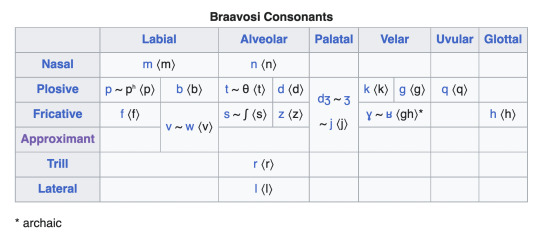
Apart from the loss of distinction in vowel length, there are two changes of note. One is that the rounded close front vowel [y] in Valyrian has shifted to an unrounded close central vowel [ɨ] in Braavosi. Furthermore, although not represented in writing, the vowels ɛ and ɔ are found in Braavosi speech (basically leaning hard on the medieval Florence/Italian parallels).
We are left with the following vowels.
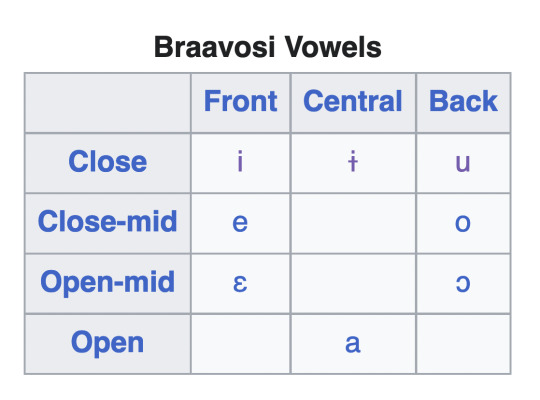
(For context, here is modern Italian phonology lol.)
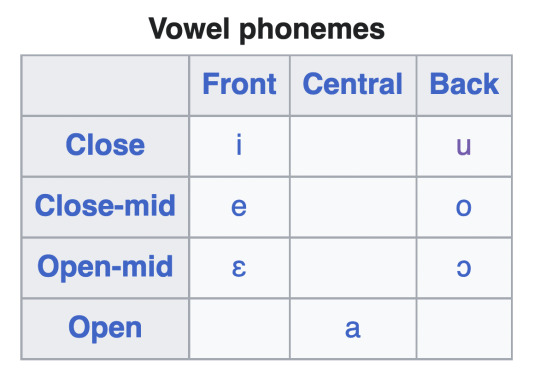
As for diphthongs, I won’t elaborate too much except to say that they are simply written using a combination of vowels (and the semivowel j/y), though their spelling patterns don’t always match onto their pronunciations. This post dwells little on orthography, but I think with more than 400 years of history the Braavosi script will have had time to develop concrete spelling patterns and crystallized standards which no longer reflect modern speech (though due to the somewhat egalitarian economy and political systems of Braavos, at least compared to Westeros and the other Free Cities, I think the script will not have diverged too radically from “common sense”). For instance due to sound changes representing an older form of Braavosi, a name like “Baelish” would likely be spelled something like “Bayelis,” with the spelled cluster “aye” represent the name.
I think there are two sound changes at play: one from High to Low Valyrian led to the loss of diphthongs (ae => e, so Daenerys => Denerys), and the second one from Low Valyrian to Braavosi which led to the elision of “y” between vowels(aye => ae, so Bayelis => Baelis/Baelish).
Script
With the phonology and basic history of Braavosi speech outlined, we can present the final writing system of the language, which I show in my next post:
https://www.tumblr.com/greenbloods/722222867516915712/the-idea-of-a-braavosi-alphabet-has-been-churning?source=share
Though it is bog-standard for fantasy scripts, I decided to make the writing system a bicameral alphabet, as it would best showcase the aesthetics of the script. I also wanted there to be a feel as if there were some far-back connection between Braavosi and the alphabet of the Common Tongue of Westeros (they would simply be using the Latin alphabet), which is also why I decided to make the “o” letter a blatant imitation of our letter O. The letter f is derived from the letter p as a visual reminder of the “newness” of the letter
Keep in mind that the script is only a snapshot of written conventions in one medium during one period of time, and there may be many variants for the script as well.
#yeah ik ik bicameral scripts get some flak but i think it works#braavos#valyrian#high valyrian#asoiaf#game of thrones#neography#david j peterson#linguistics#greenbloods.txt
22 notes
·
View notes
Text
DAVID J PETERSON IS ON TUMBLR???
5 notes
·
View notes
Text
up making conlangs at 1am 🚬
#this is like the third attempt in my lifetime to make a fictional language why couldnt i have normal hobbies#but nooooo i had to develop an autistic obsession with fricatives and plosives at an early age#i blame david j peterson's ted talk
4 notes
·
View notes
Text
For anyone who actually wants to know more about Jaehaelor Mataeryon, "a Valyrian dragonlord and botanist", you can find details here (yes the article is titled "shrubbery", you did not read that wrong) and here. Jaehaelor managed to survive the Doom of Valyria because he was a great big plant nerd on a research trip:
Elsewhere on the continent of Essos were dragonlords, spending time away from their homelands. Some were on patrols, and some to exact punishment upon anyone who dared deny the power of Valyria. Yet one other, whose name has come down to us, was away to take stock of the foliage, plants, and teal mosses known throughout the resplendent forests of Qohor. Jaehaelor Mataeryon, a freeborn landowner and gardener by trade and passion, was at work collecting samples when the earth shook and the sky turned red. As the days passed and news travelled, it became clear that Jaehaelor’s home, family, and people had been destroyed. Not knowing if he were the last of the dragonriders, Jaehaelor packed his bags and flew to the southeasternmost of the free cities, Valyria’s first daughter in Volantis. It was there, if tales can be believed, where he spent the remainder of his life scratching everything he could remember of his gardens on sheets of parchment so long they rivaled the broad stone highways of his people.
And as the article says, it's not known who wrote the original English text, but IMO a good amount of the wording screams GRRM. Just doing a little bit of tertiary character nonsense like he does...
edit: found out the original english was written by Ti Mikkel, GRRM's assistant. *nod* makes perfect sense to me.
if you think youre a hotd lore scholar and do not know the tale of jahaelor mataeryon you're a phony sorry i am officially gatekeeping
#“valyrian botanist” would be a good name for a band#asoiaf#house of the dragon#jaehaelor mataeryon#valyrians#dragonlords#botanists#gardeners#shrubbery#high valyrian#david j. peterson#ti mikkel#insane levels of trivia#a good name for a band#queue and me we're in this together now
182 notes
·
View notes
Text
#reviewer: throne of salt#creator: j. r. r. tolkien#creator: sonja lang#creator: shevek urrasti#creator: john quijada#creator: hector ortega#creator: logical language group#creator: paul frommer#creator: mac okrandi#creator: carl buck#creator: olivier simon#creator: david j. peterson#creator: hans widmer#creator: l. l. zamenhof#creator: biblaridion#creator: etienne l. poisson#creator: nick farmer#creator: longlanglin#creator: adytite#creator: greg kasavin
3 notes
·
View notes